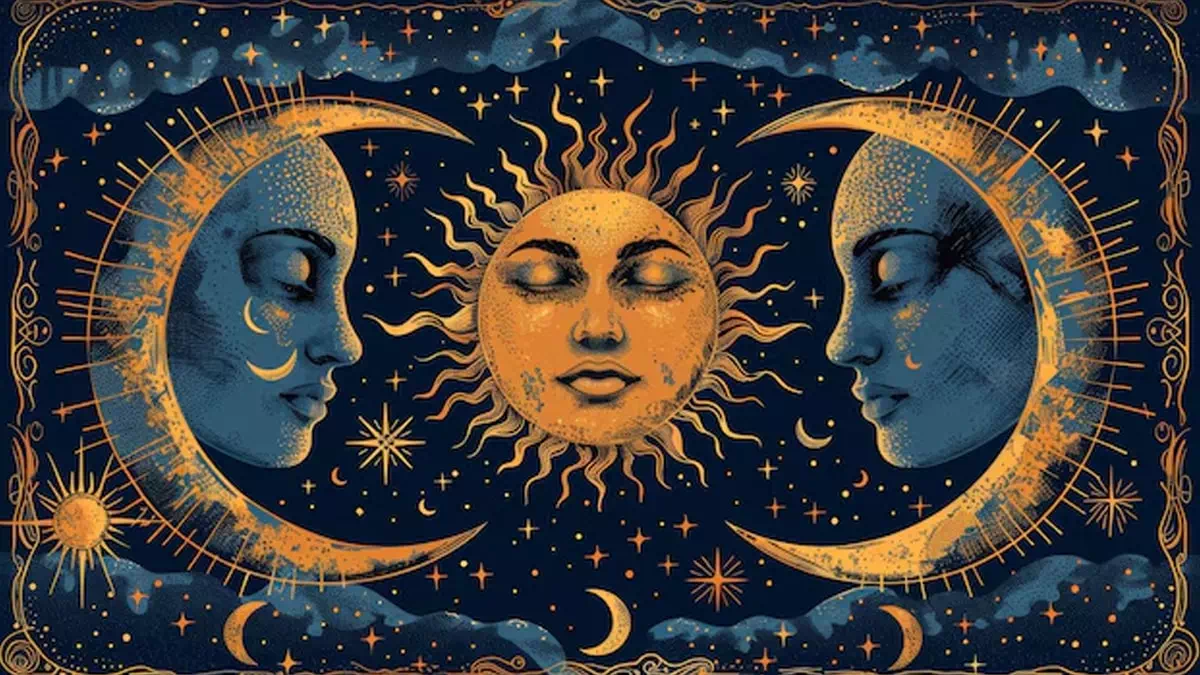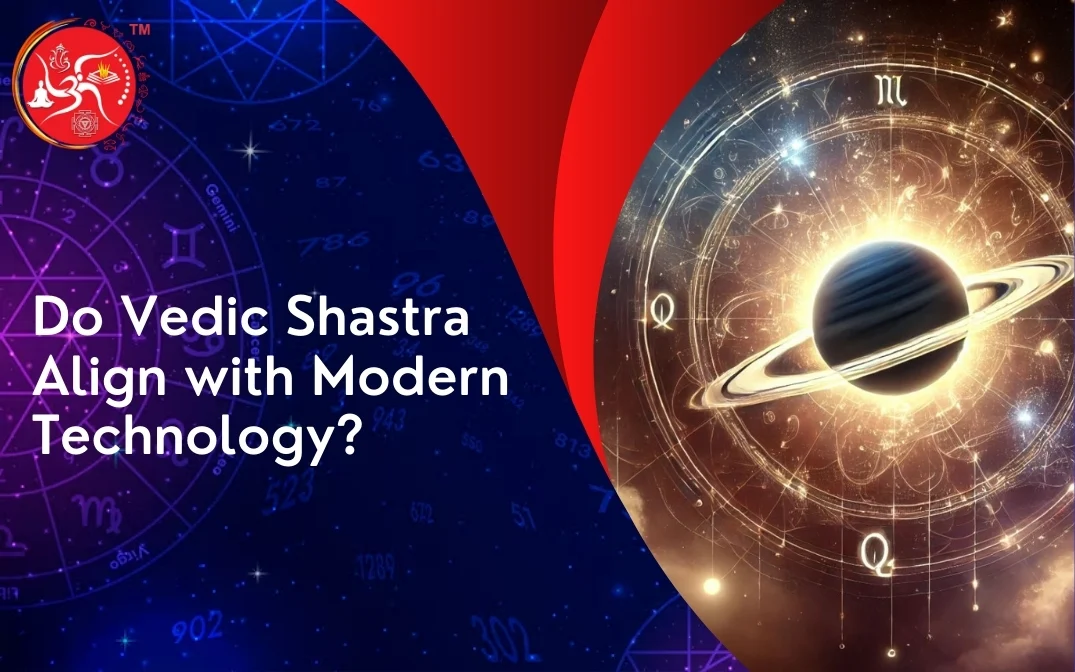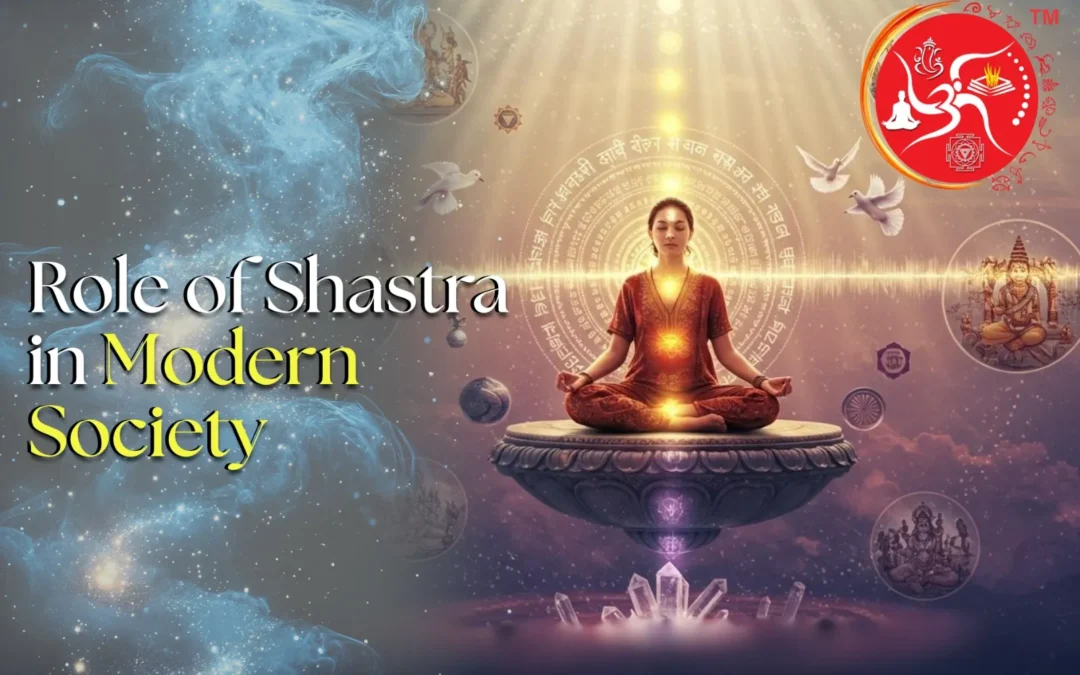The Best Astrologer in India
Dr. Sohini Sastri

A person’s destiny is determined by his karma that rules his past, present and future and runs in a cyclic form. A person’s body only acts as an epithet where the soul keeps on travelling from one body to another in different births at different times and places. Vedic astrology believes that birth on this planet is similar to the blooming of a flower; it is season-bound, time-bound and pertains to the most suitable conditions.
The Role Of Natal Chart In Vedic Astrology:
In Jyotish Vidya, an individual’s birth chart is the most important consideration. The birth chart is considered as the road map which guides the astrologer through the person’s zodiac and helps to predict the future in a correct manner. The natal chart is prepared on the basis of exact time and place of the person’s birth. The analysis is performed based on the position of the planets at that particular point of time. According to best vedic astrologer in India, these positions eventually depict a person’s ‘dasha’ or the vibrant timeline through which he would travel throughout his /her life. The houses, planets, and zodiac signs in your natal chart will, therefore, show the events that are going to happen, and your dasha tells when they are going to happen. In Vedic astrology, individuals are not regarded just as sun signs but also the character of the persons. The natal chart is being studied by the Vedic astrology practitioner in the beginning with the ‘ascendant,’ which is the rising assemblage on the Earth’s horizon at the moment of a person’s birth. The picture of the planets and the stars in the natal chart clearly determines the person’s bond with the other planets and personality.
How Does Vedic Astrology Differ From Western Astrology?
Western astrology always deals with the position of the planets and its effect on the life of the human beings. The Western astrology was developed 2000-3000 years ago by the Greeks and they believe that Sun, which is the center of the solar system, shares the deepest bond with planet Earth. This specific ball of fire influences Earth’s Tropic of Cancer and Capricorn, which in turn, influences the all the living beings surviving on the planet. This is the reason why Western astrology is also known as Tropical astrology. This branch of astrology believes a new year begins on or around March 22nd and that day marks the onset of spring and also the Vernal Equinox, the day in which, day and night last for the same duration. During the rule of the Romans, January 1st was declared the beginning of the New Year. However, this particular rule does not have any significance in the field of astrology. It is also being said that Aries, that is being regarded as the first sign of the zodiac, is placed during the time of Vernal Equinox, followed by the other zodiac signs.
Contact
for expert consultancy on these categories
Recent Post

Do Vedic Shastras Align With Modern Technology?
Yes, the Vedic Shastras align with modern technology at the level of core principles. Concepts like energy (Akasha), vibration (Mantra), cosmic cycles, and consciousness closely mirror today’s discoveries in quantum physics, neuroscience, AI, and space science. Vedic...

A Thoughtful Analysis of the Role of Shastra in Modern Society
Hello Reader! Welcome to the blog page of Dr. Sohini Sastri, one of the best astrologer in India. Are you searching for what the role of Shastra is in Modern Society? How relevant is it now? Let’s dive deep and find out. In an era defined by rapid technological...
Also Popular for
Certified Gemologist
Natal astrologer Predictive Astrologer Relationship Astrologer Career Astrologer Financial Astrologer Medical Astrologer Electional Astrologer Mundane Astrologer Horary Astrologer Vedic Astrologer
How Important it is to Believe in Vedic Astrology?
According to best astrologer in India, Dr Sohini Sastri Vedic astrology is a highly developed form of astrology that is reinforced with concrete knowledge and time-tested techniques. This science of astrology encompasses continuous evolution to act in accordance with the changing world. Unlike mathematics, the people do have to believe in the measures and results and eventually follow them accurately. It is quite obvious that the best knowledge and wisdom will definitely gift the people with a better future.

